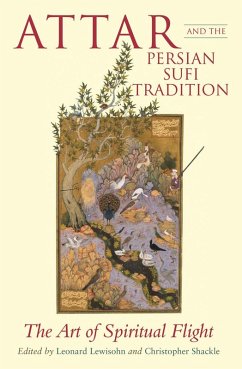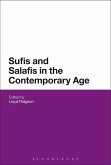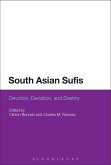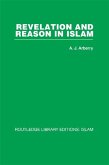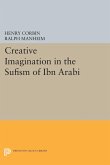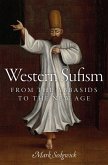Farid al-Din Attar (d. 1221) was the principal Muslim religious poet of the second half of the twelfth century. Best known for his masterpiece "Mantiq al-tayr", or "The Conference of Birds", his verse is still considered to be the finest example of Sufi love poetry in the Persian language after that of Rumi. Distinguished by their provocative and radical theology of love, many lines of Attar's epics and lyrics are cited independently of their poems as maxims in their own right. These pithy, paradoxical statements are still known by heart and sung by minstrels throughout Iran, Afghanistan, Tajikistan, and wherever Persian is spoken or understood, such as in the lands of the Indo-Pakistani Subcontinent. Designed to take its place alongside "The Ocean of the Soul", the classic study of Attar by Hellmut Ritter, this volume offers the most comprehensive survey of Attar's literary works to date, and situates his poetry and prose within the wider context of the Persian Sufi tradition.
The essays in the volume are grouped in three sections, and feature contributions by sixteen scholars from North America, Europe and Iran, which illustrate, from a variety of critical prespectives, the full range of Attar's monumental achievement. They show how and why Attar's poetical work, as well as his mystical doctrines, came to wield such tremendous and formative influence over the whole of Persian Sufism.
The essays in the volume are grouped in three sections, and feature contributions by sixteen scholars from North America, Europe and Iran, which illustrate, from a variety of critical prespectives, the full range of Attar's monumental achievement. They show how and why Attar's poetical work, as well as his mystical doctrines, came to wield such tremendous and formative influence over the whole of Persian Sufism.

